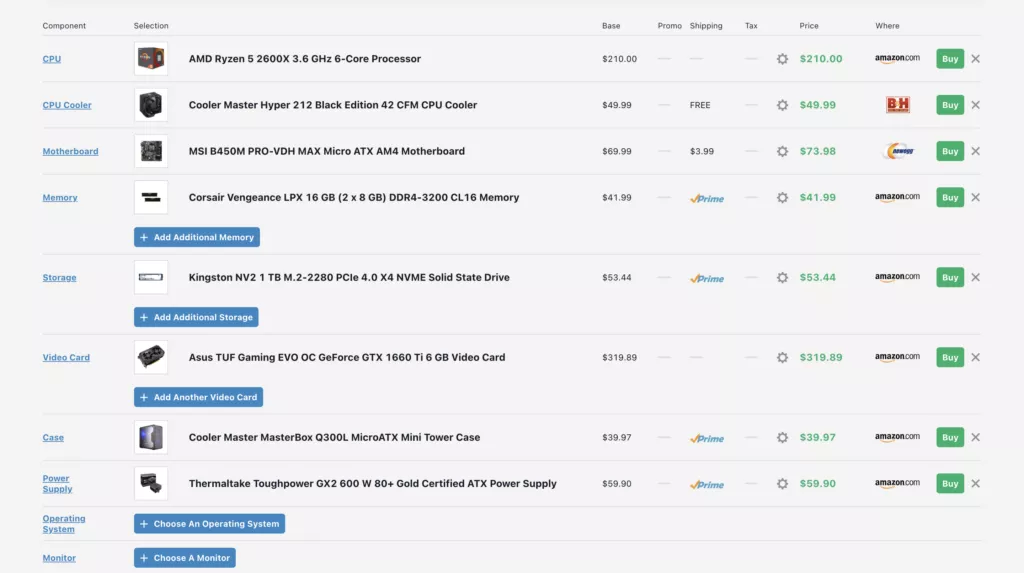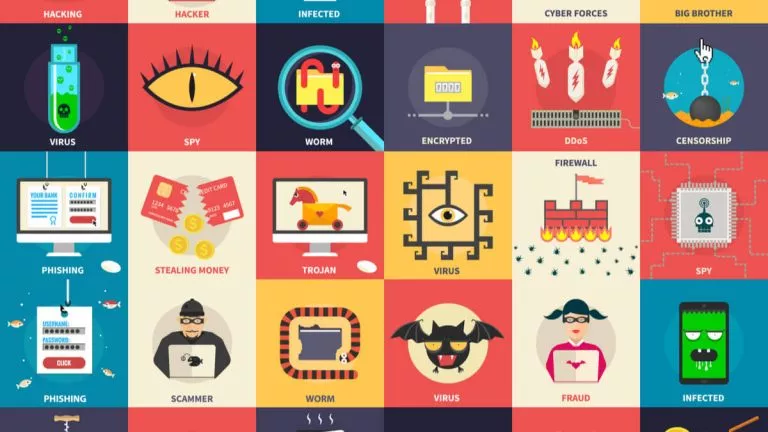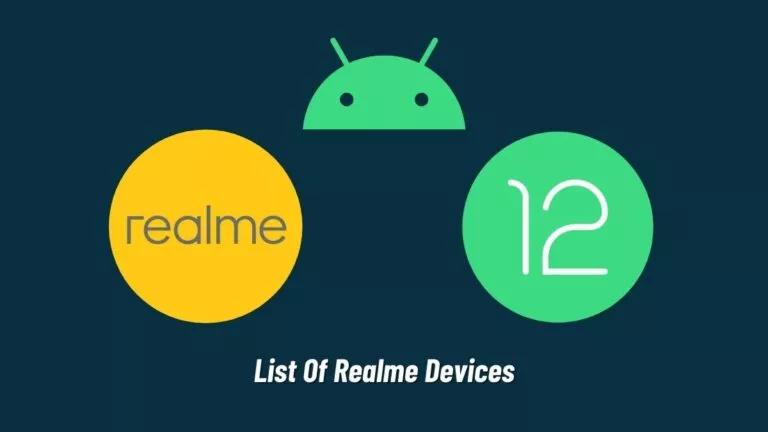5 PC Myths You Should Never Believe

The PC and laptop space has witnessed a surge in recent years, thanks in part to the COVID-19 pandemic, which popularized the work-from-home culture. However, despite PCs playing a major part in our lives, myths about these devices are still rampant on social media platforms like TikTok and Facebook. Here are five PC myths you should never believe in:
1. PC building is expensive
While there’s a certain degree of truth behind this statement, since high-end PCs can indeed cost a pretty penny, most users can build PCs at significantly reduced costs. This is because the prices of components have substantially dropped in recent years, allowing users to assemble powerful systems without breaking the bank.
For instance, building a PC to play F1 2023 and similar games may seem expensive when considering the recommended hardware—such as an Intel Core i5 9600K or AMD Ryzen 5 2600X, Nvidia GTX 1660 Ti, and 16GB of RAM. However, according to the PC part picker website, such a system can be assembled for around $850.

2. Games running slowly on your PC means outdated components
When you install a new game, and it doesn’t perform optimally on your system, the immediate assumption for any non-tech-savvy user might be that your hardware needs an upgrade. However, this isn’t usually the case. Slow game performance often doesn’t stem from outdated hardware, so what’s the real issue?
While there can be multiple reasons for the lack of performance, most of the time, it can be attributed to GPU drivers not being updated. To put things in perspective, GPU drivers act like a bridge between your graphics card and the operating system, helping both communicate with each other. However, companies like Nvidia and AMD regularly release driver updates to enhance performance and stability. As a result, not having the latest drivers can hamper your PC’s peak performance.
Moreover, performance issues can also stem from unoptimized games rushed by developers to meet deadlines. This was evident with the release of Cyberpunk, where the game was unplayable at launch, even on the best of systems.
3. Nvidia GPUs are better than AMD GPUs
The argument surrounding Nvidia and AMD GPUs has been ongoing for decades, typically favoring Team Green (Nvidia). However, in recent years, AMD has witnessed a resurgence, capitalizing on Nvidia’s high prices.
Even then, choosing a clear winner is challenging, as both companies offer compelling products across various resolutions. Consider the AMD Radeon RX 7900 XTX, priced at $999.99—a more affordable option compared to Nvidia’s RTX 4090, priced at $1,699.99.
While AMD may lag in certain tests like ray tracing and creative performance, select cards in their lineup offer tough competition to Nvidia’s dominance, making the purchasing decision dependent on factors such as workflow and the types of games you want to play.
4. Support technicians always need remote access to diagnose a problem
Remote access to a system, on paper, sounds like a great way for support technicians to diagnose your PC’s problem and provide a quick and easy solution. However, in recent years, threat actors and scammers have exploited this tool, posing as representatives from IT giants like Microsoft. They initiate contact, citing various computer problems—error messages, virus detection, or broadband insecurities.
Once connected, they persuade unsuspecting victims to give access to their systems, allowing an opportunity to plant viruses or install malicious software. As a result, users must exercise caution when approached first about system issues and should grant remote access only to legitimate IT service departments.
5. My business is too small to be targeted by hackers
One of the most prevalent myths in the PC/cybersecurity realm is the belief that hackers exclusively target large companies. However, the truth is quite the opposite. Small businesses are frequently, if not more often, targeted due to their comparatively weaker security measures, making them appealing targets for cybercriminals.
And although such companies may not harbor the massive data volumes of larger corporations, the information they possess—customer databases, financial records, intellectual property, and sensitive employee data—holds equal value for cybercriminals.






